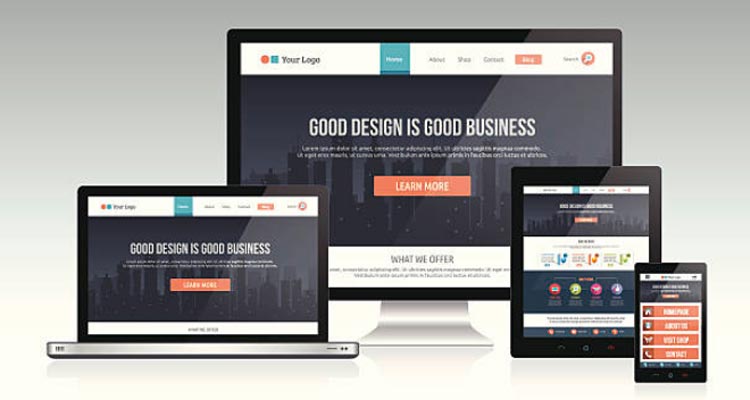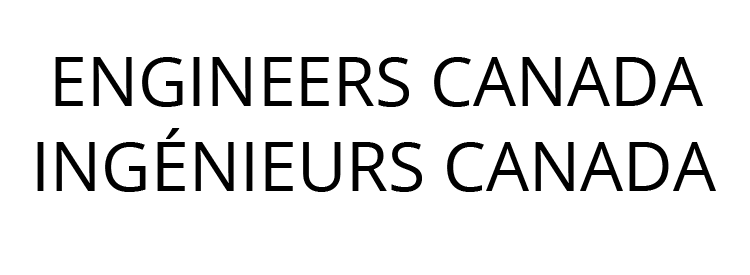Applying as a Canadian applicant
Applying as an International applicant
Campus tours
Campus tours are one of the best ways to experience Conestoga. During this time, we are offering online guided tours to show you all Conestoga has to offer.
Book your tourVirtual tours
If you can't make an on-campus tour or attend one of our events, the virtual tour is a great way to visit us.
View our Virtual tourPlease note:
Program description - August 2026
Modern buildings are becoming more resource efficient, automated, environmentally and socially conscious, and sustainable through the integration of control-based and computerized building engineering systems. Are you interested in learning how to design, build, and automate these complex buildings and steer future innovations in building construction and management? This program might be right for you!
The Bachelor of Engineering - Building Systems Engineering (BSE) co-op degree program explores the present and future of modern buildings and their evolving operational systems. You will learn about specialized building automation, controls, thermodynamics, fluid and heat transfer, and design building mechanical, electrical and control systems to optimize energy performance. As a BSE student, you will extensively utilize digital design and building information modelling (BIM) software and virtual tools to integrate sustainable elements, controls automation, and systems into new and existing buildings, communities and cities.
Using a project-based approach, you will learn to solve real-world engineering problems and develop skills in project management, teamwork, and environmental protection. As you work on increasingly complex projects involving residential, commercial, and industrial building design, you will advance your practical technical skills by applying advanced technologies and your acquired theoretical knowledge.
The BSE program strategically integrates twelve months of paid co-op opportunities with your academic semesters. This industry experience, complemented by the eight projects courses, will prepare you for challenging careers related to the mechanical and electrical design of building systems, product development, building automation controls, renewable energy analysis, utility management, building operations and management.
Accredited by the Canadian Engineering Accreditation Board (CEAB), the BSE program provides you with the opportunity to apply for a Professional Engineering Licence (P.Eng.) upon graduation.
Program details
Estimated tuition & fees
Tuition and fee details for programs starting September 2026 and later will be available Spring 2026. Listed below are the tuition and fee details for the 2025-2026 academic year (September 2025 to August 2026) for your selected intake. Books and supplies may be additional.
2 Terms
Canadian
International
Canadian fee details
| Description | Fall 2025 | Winter 2026 |
|---|---|---|
| Program Tuition Fee (ACR) | $3402.00 | $3402.00 |
| Administration Fee | $25.00 | $25.00 |
| Capital Development Fee | $84.22 | $84.22 |
| CSI Advocacy Fee | $8.16 | $8.16 |
| CSI Association Fee | $104.04 | $104.04 |
| CSI Extended Health & Dental Plan Fee | $354.00 | - |
| CSI Legal Care Fee | $30.00 | - |
| CSI UPass Fee | $124.91 | $124.91 |
| *eText Fee | $180.00 | $53.00 |
| Graduation/Alumni Services Fee | $20.00 | $20.00 |
| ONE Card Fee | $8.50 | $8.50 |
| Program Services Fee | $215.25 | $215.25 |
| Recreation/Athletics Fee | $71.50 | $71.50 |
| Student Services | $89.00 | $89.00 |
| Technology Enhancement Fee | $110.00 | $110.00 |
| CSI - Student Welcome Kit Fee (optional) | $75.00 | - |
| CSI Student Club & Society Fee (optional) | $10.00 | $10.00 |
| CSI Student Events Fee (optional) | $35.00 | $35.00 |
| Sustainability Fee (optional) | $5.00 | $5.00 |
| Term Total | $4951.58 | $4365.58 |
| Year Total | $9317.16 |
*The fee listed is for the current academic term and is subject to change. Confirmed costs will appear on your registration invoice. For the most up-to-date eText and course materials pricing, please refer to your personalized booklist.
Returning student tuition & fees
View all Canadian tuition & fee details for all levels
View all International tuition & fee details for all levels
International fee details
| Description | Fall 2025 | Winter 2026 |
|---|---|---|
| International - Degree Program Tuition | $8220.00 | $8220.00 |
| Administration Fee | $25.00 | $25.00 |
| Capital Development Fee | $84.22 | $84.22 |
| CSI Advocacy Fee | $8.16 | $8.16 |
| CSI Association Fee | $104.04 | $104.04 |
| CSI College Int'l Health Insurance Plan (CIHIP) | $595.00 | - |
| CSI Extended Health & Dental Plan Fee | $308.00 | - |
| CSI Legal Care Fee | $30.00 | - |
| CSI UPass Fee | $124.91 | $124.91 |
| *eText Fee | $180.00 | $53.00 |
| Graduation/Alumni Services Fee | $20.00 | $20.00 |
| ISR (International Student Recovery) | $375.00 | $375.00 |
| ONE Card Fee | $8.50 | $8.50 |
| Program Services Fee | $215.25 | $215.25 |
| Recreation/Athletics Fee | $71.50 | $71.50 |
| Student Services | $89.00 | $89.00 |
| Technology Enhancement Fee | $110.00 | $110.00 |
| CSI - Student Welcome Kit Fee (optional) | $75.00 | - |
| CSI Student Club & Society Fee (optional) | $10.00 | $10.00 |
| CSI Student Events Fee (optional) | $35.00 | $35.00 |
| Sustainability Fee (optional) | $5.00 | $5.00 |
| Term Total | $10693.58 | $9558.58 |
| Year Total | $20252.16 |
*The fee listed is for the current academic term and is subject to change. Confirmed costs will appear on your registration invoice. For the most up-to-date eText and course materials pricing, please refer to your personalized booklist.
Returning student tuition & fees
View all Canadian tuition & fee details for all levels
View all International tuition & fee details for all levels

Program device & software requirements
This program requires you to have a device that meets certain specifications. For most students, this cost is in addition to the tuition & fees listed above.
view device requirementsFinancial assistance
Awards & scholarships
The Conestoga College Degree Entrance Scholarship is awarded to students accepted into their first term of eligible degree programs with an average of at least 70%.
Co-op information
- Co-op programs add value to your education. Earn money while you apply what you've learned in a real workplace environment. Visit Co-operative education for more information.
- The College cannot guarantee co-op employment. All co-op students are required to conduct an independent co-op job search in addition to the supports and services provided by the Department of Co-op Education.
- Students are responsible for their own transportation and associated costs in order to complete work term requirements. Work locations may not always be readily accessible by public transportation.
- In order for a student to participate in a WIL experience/Co-op work term, students must be legally eligible to work in Canada.
- Students who are not eligible for co-op or do not secure the first work term by the start of the work term semester will be offered the option to enrol in the 15 credit Career Management in Canada GCM70000 co-op alternative. This co-op alternative involves guided activities involving approximately 2 hours of coaching and advising time per week and additional project work.
- If GCM70000 is selected, students cannot transfer back into the co-op stream and cannot complete a co-op term for their first work term.
- GCM70000 is delivered online with virtual group coaching/advising session of 2 hours per week.
- GCM70000 is only an alternative for the first co-op work term of the program, students will still complete at least one mandatory co-op work term if they choose GCM70000.

